Passagem Literária da Consolação [são paulo]
Julián Fuks
translated by Sarah Bruni
Call it bookstore anxiety disorder. I know I’m not the first to suffer from this affliction, and I won’t be the last. This particular illness should be described in some list of new pathologies—at once intense and subtle, it can attack anyone wandering amid long shelves of shiny, attractive volumes. Nausea, maybe, an angst whose cause is difficult to name: it’s something in the exaggerated order of the books, their eagerness, something in their obvious hierarchy. The larger the store, the clearer its windows, the stronger the feeling—although even in airport bookstores, this malaise can be unexpectedly intense.
I’m sure that this phenomenon has spread to a hundred countries, but São Paulo is one of its origins. Forced to shop at big chains and impassable megastores, the city’s last remaining literate residents are left without alternatives where they can roam freely between books and browse through their purchases. They have, however, a slight remedy—or a consolation, as the name of the place suggests. Situated under one of the city’s main avenues, “Passagem Literária da Consolação” (Consolation Literary Underpass) offers relief to lungs clogged with glitter, a breath carrying the dust of old forgotten books. No organized inventory, but the disorder of life itself. No striking images and ads, just covers faded by time. No price gouging, just the books’ essential worth going straight into the pockets of a few booksellers who work as a cooperative.
Of course, you won’t find the newest release by the pop writer of the moment there, or the shifting oddities hailed by the critics. Nor is going there a longstanding routine for me: I can’t invent afternoons I spent here, giving in to the pure pleasure of literature, to its indelible instruction. I should be honest: it’s not even one of my usual destinations. But every time I pass through there, I feel something in me unwind, something in me is consoled. I can continue my walk and my day with a greater sense of calm.
*
Passagem Literária da Consolação: pedestrian walkway at the corner of Consolação and Paulista Avenue.
* *
Read this in PORTUGUESE
* *
Image credit: Julián Fuks
[ + bar ]
Ishion Hutchinson
A GIRL AT CHRISTMAS
The choir that cannot die. Fish and fennel. Snow. Christmas tree, clover and pomegranate.
For all she’s gladdened: milk which is love dreaming in one hand; clefts of clementine stain
the other.... Read More »
Ada Limón
The Problem with Travel
Every time I’m in an airport, I think I should drastically change my life: Kill the kid stuff, start to act my numbers, set fire to the clutter and creep... Read More »
Interview with Roberto Jacoby
by Reinaldo Laddaga translation by Jane Brodie
Ana Longoni put it so well that I will just copy a passage from her introduction to essays... Read More »
Гиперион [Moscow]
By Marfa Nakrasova
Слово “Гиперион” имеет много значений: и книжка, и поэма, и роман, и дерево, и космический корабль, и титан, и спутник Сатурна. В устах... Read More »
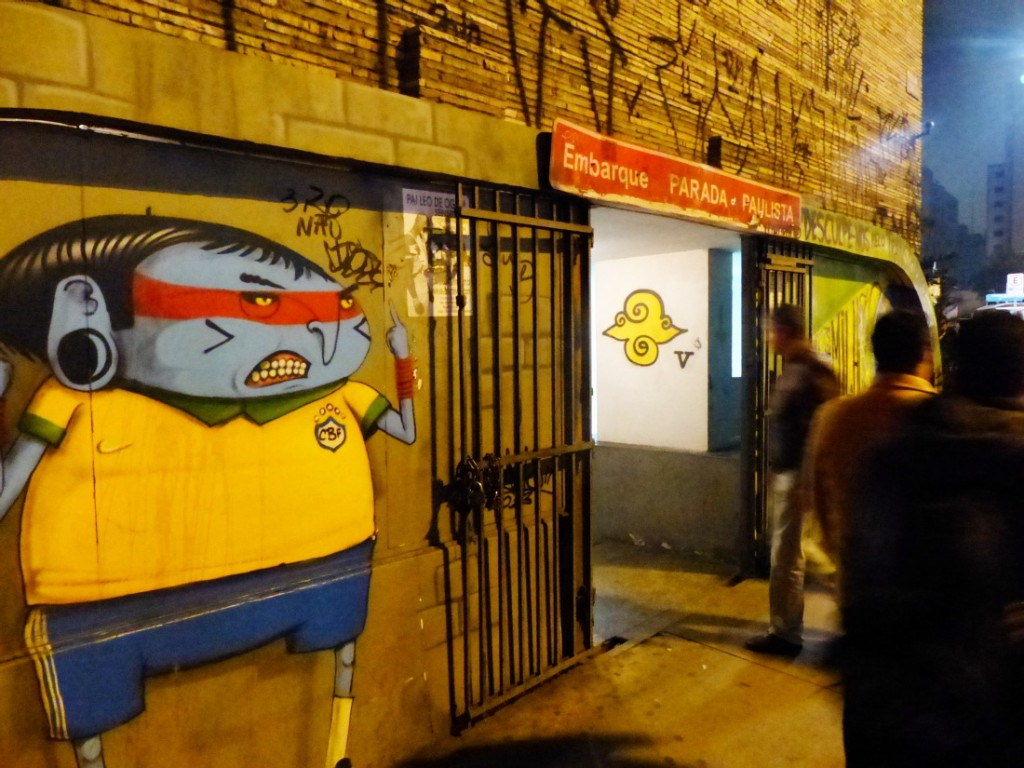
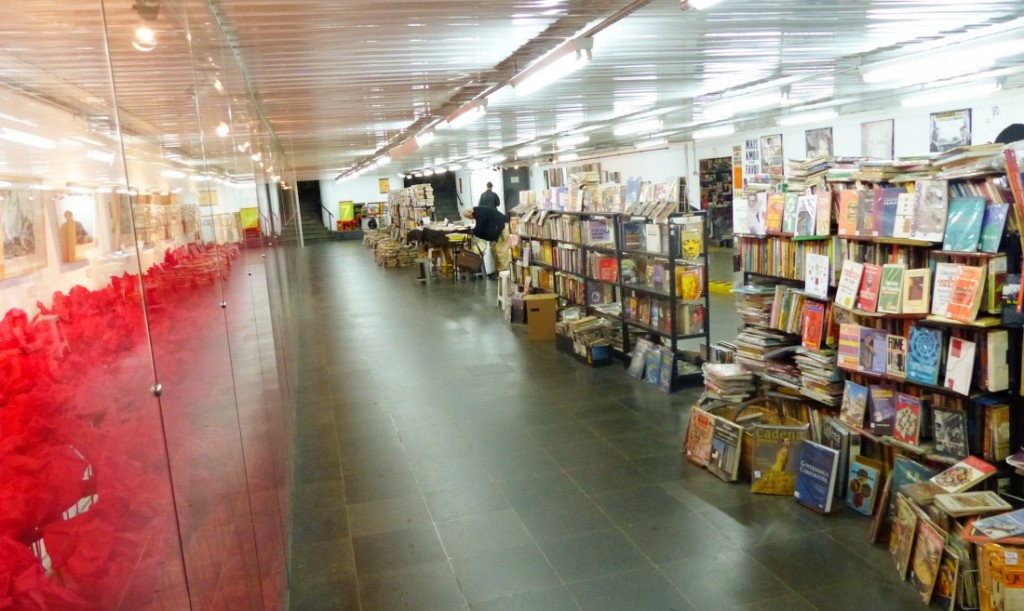
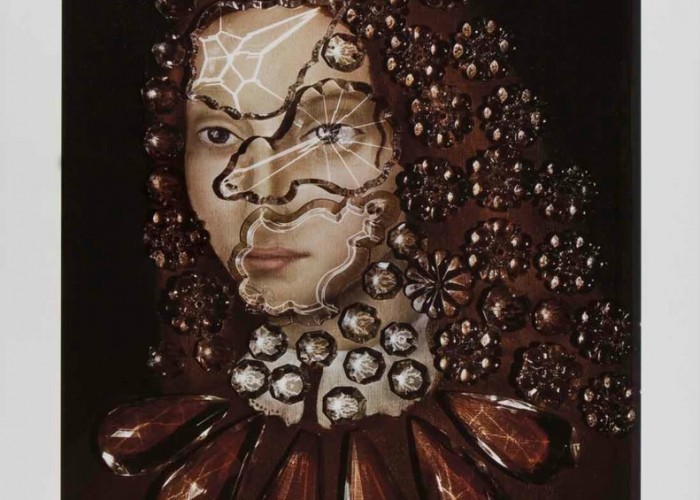
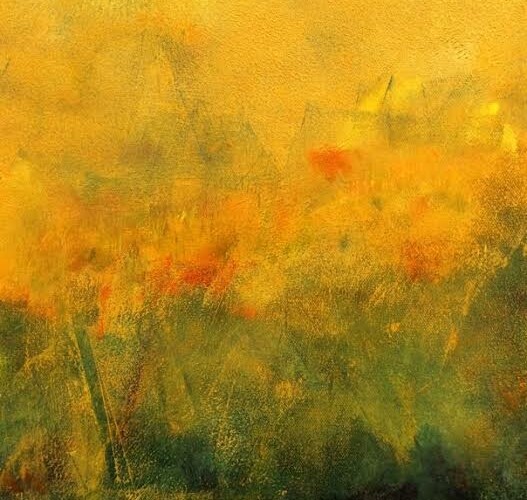
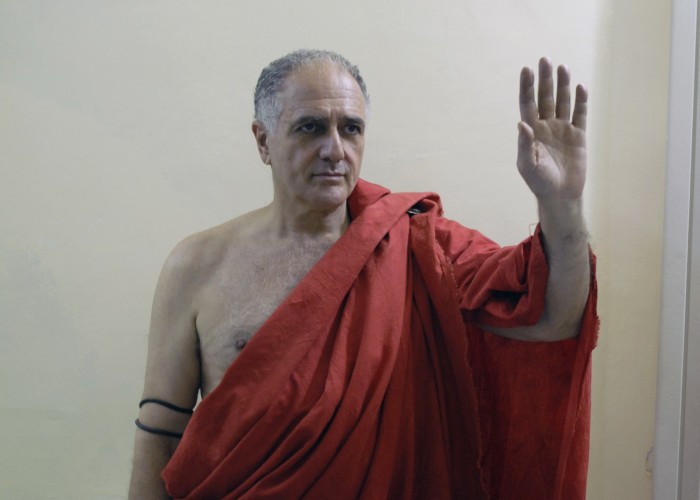
![Гиперион [Moscow]](http://www.buenosairesreview.org/wp-content/uploads/DSC06622-700x500.jpg)



 sending...
sending...